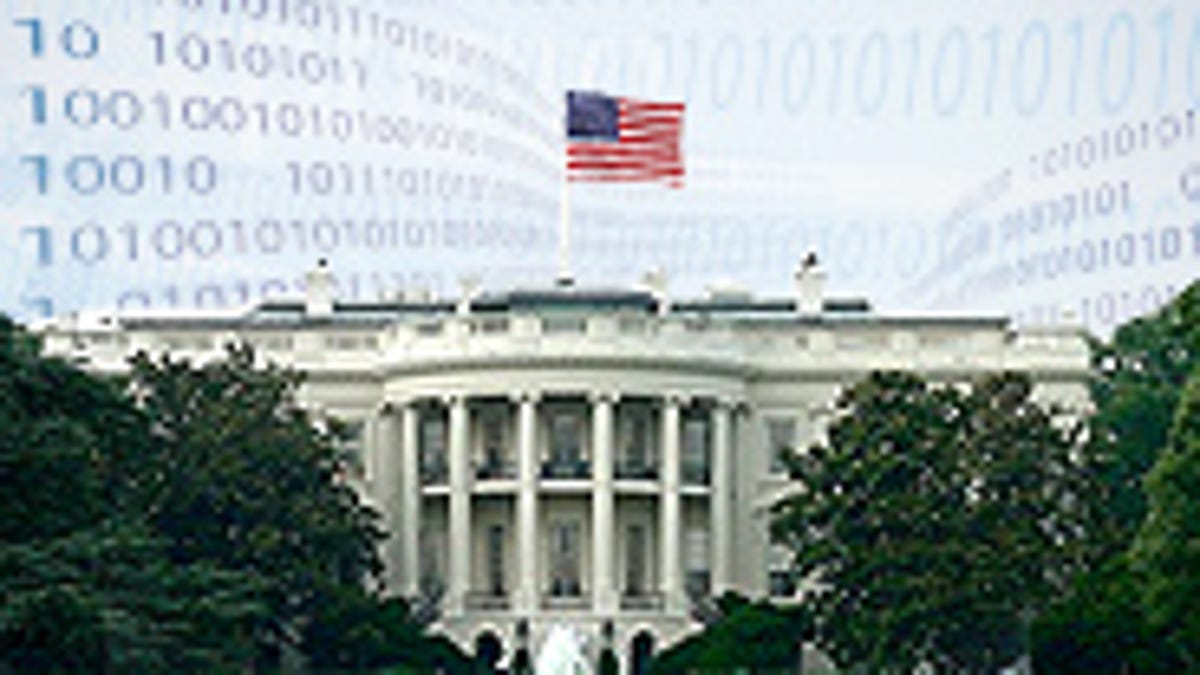Obama proposes new wireless-spectrum fee
The president's budget proposes raising an additional $4.8 billion over the next decade through additional wireless-spectrum fees paid by wireless operators.

Faced with a whopping $1.7 trillion deficit, President Obama is proposing tacking on a spectrum license fee to wireless operators to help generate revenue for the government.
The Obama administration's proposal was loosely outlined in the new budget plan for 2009 and 2010 submitted Thursday. In that plan, the administration proposes adding a new fee to be paid by wireless carriers that license wireless spectrum from the government.
These annual fees would start at $50 million in 2009 and jump to $200 million in 2010, Reuters reported. The fees will gradually increase over the next 10 years to $550 million per user per year, generating an estimated total of $4.8 billion over the next decade.
The proposed fees are in addition to license fees that operators have already paid the federal government as part of its wireless auctions. The Federal Communications Commission has been auctioning off wireless spectrum to phone companies and other entities since the 1990s. These auctions grant license holders exclusive rights to the spectrum in exchange for cash.
Over the years, these auctions have generated billions of dollars for the federal government. The most recent auction, which ended in March 2008, was for the 700 MHz block of spectrum that is being vacated by television broadcasters after the mandated digital TV transition. This valuable spectrum generated a record $19.6 billion.
But wireless spectrum is a limited resource. And the government is running out of airwaves to auction. In fact, the Obama administration predicts that it will only be able to generate about $4.8 billion in revenue from wireless auctions over the next 10 years.
Even though the additional fees could help the government halve the deficit by 2013 as well as help it fund several new spending initiatives, it's likely to be met with a great deal of resistance from mobile operators.
So far, none of the big four wireless carriers in the U.S.--AT&T, Sprint Nextel, T-Mobile USA and Verizon Wireless--has been willing to comment on the proposal. And the CTIA wireless-industry association said it's still looking into the matter.
"We are currently reviewing the details of the proposal and look forward to participating in the next stages of this issue," CTIA said in a statement.
Previous spectrum fee proposals have been strongly opposed by the wireless industry, and there's little reason to suggest that the industry would support them now. The big difference this time around is that a Democrat-controlled Congress could be more willing to support President Obama's plans.
More details about the proposal are expected later this spring when the administration releases a more detailed budget package. But any changes to the fee structure would require legislation. And my guess is that the wireless industry would fight hard against it.

